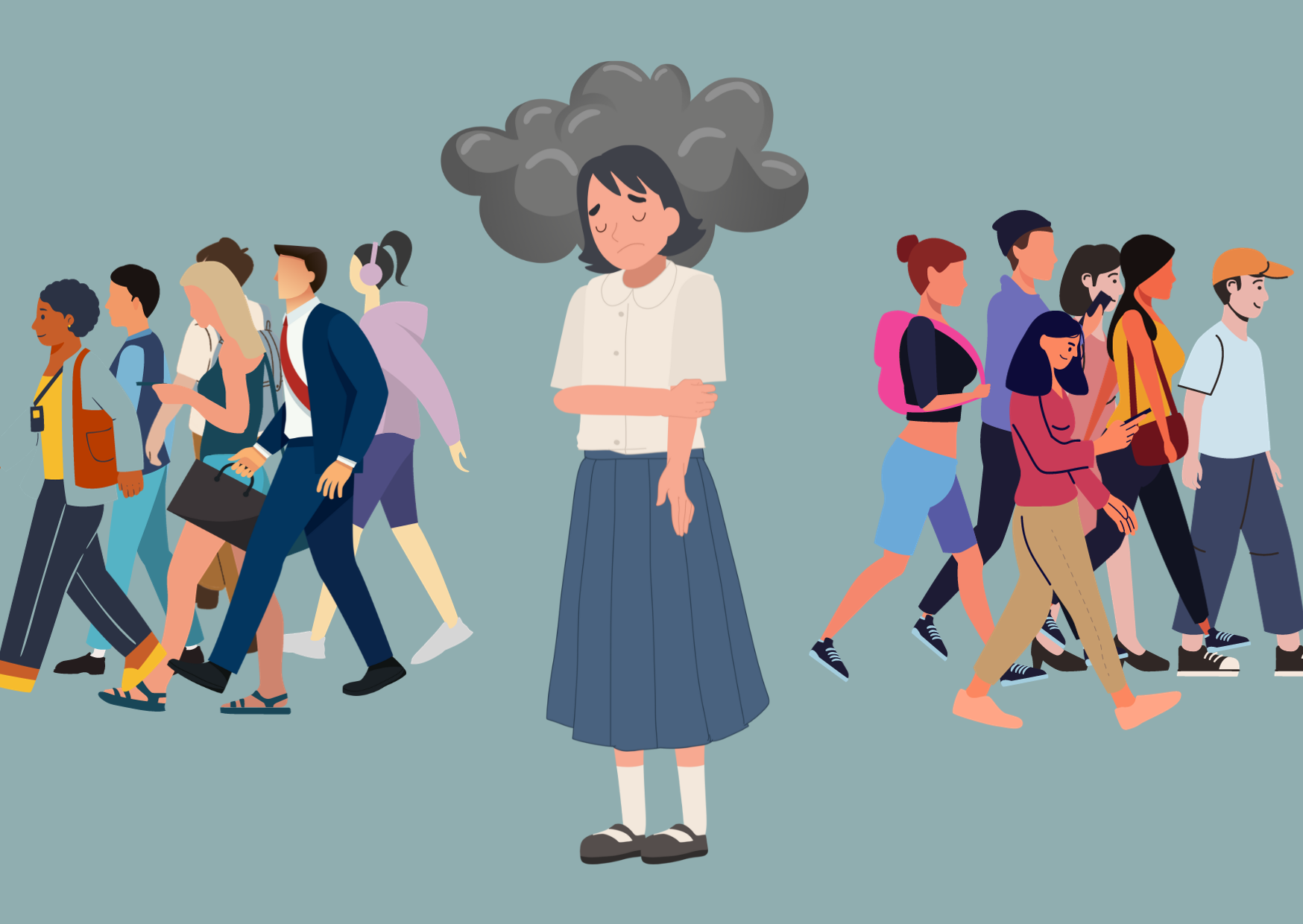Depression, though a growing epidemic throughout our youth, is minimally understood due to its invisibility. Myths and misconceptions surrounding the topic have only grown due to glamorized depictions in the media and the promotion of ineffective blanket “treatments.” It’s undeniable that most physical illnesses are handled with more care simply because you can see them.
It’s no surprise that depression has skyrocketed in recent years. The COVID-19 pandemic, increase in social media use and anxiety-inducing current events have all been linked to the surge in mental illness in our youngest generations. Even with today’s widespread discussion regarding mental illnesses like depression, there remains a stigma surrounding these conditions.
A copious amount of TV shows and movies have tackled the sensitive topic of depression, however, a large portion of these representations have failed at handling the topic with the tact and delicacy it deserves. Though it’s great that this disorder is being represented, it’s often portrayed as temporary or the driving force for conflict and devastation. TV shows such as “13 Reasons Why” villainize depression and those who suffer from it, and movies like “Silver Linings Playbook” diminish the intricacies of the disorder by demonstrating that it all can be solved with love.
Contrary to popular belief, likely brought upon by these media depictions, depression is not a situational disorder. Rarely is it simply brought upon by a recent sad or traumatic event. It also cannot be expected to end within minimal time. Depression is a clinical and chronic illness, with episodes that can last for months at a time.
Depression, similar to physical health disorders, can have drastic side effects if left untreated. This is often difficult to avoid seeing as depression does not have a ‘one size fits all’ treatment. Though many believe that an anti-depressant and talk therapy can cure it altogether, depression is too vast to pinpoint a certain cure. It manifests itself differently in each individual that it affects.
The misconception that there is a singular cure for this illness can lead to dangerous consequences. Untreated clinical depression can increase the chances of drug or alcohol addiction, ruin relationships, and hinder academic and occupational performance. More serious cases can develop into life-threatening physical ailments such as coronary heart disease and a high risk of stroke. How do we lower this risk if misunderstandings still impede the progress we should be making?
Those with physical, visibly obvious illnesses have a much higher chance of receiving sympathy, concern and assistance. The most dangerous misconception surrounding depression is the idea that it is a ‘phase’ and those struggling with the disorder can quickly ‘snap out of it.’ I find it difficult to believe that anybody would tell someone with COVID-19 symptoms to ‘snap out of it,’ because they can’t. So why do we expect those with depression to just help themselves? Just like someone with COVID-19, victims of depression both mentally and physically cannot be at their best, and should not be told to be.
Physical disorders and mental disorders are equally important but are seldom treated as such. If we contribute to the awareness of the complicated truths of this disorder, we can outweigh the harmful myths. Educate yourself on the complexities of depression and train yourself to not fall for the various misconceptions out there. With these myths no longer plaguing the research that goes into this disorder, depression, along with many other mental illnesses, may finally be understood and handled with more care.
If you or a loved one are struggling with depression and need immediate assistance or support, help is available. You can call the number 988 for the Mental Health Emergency Hotline, or find more information and resources here.









